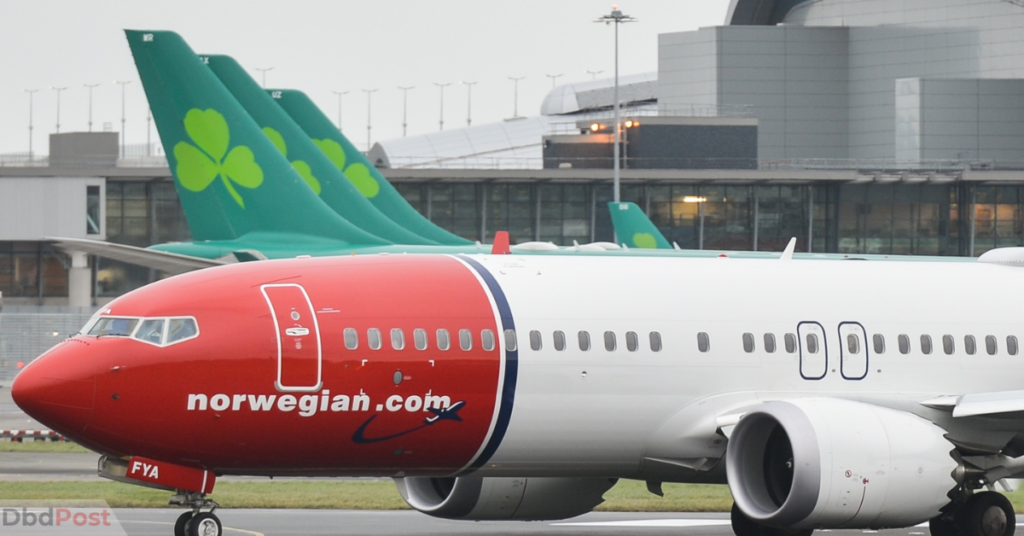Norwegian Air Shuttle won its case on EU ETS obligations in a significant legal breakthrough. The Oslo District Court ruled in its favor, and the judgment confirmed that Norwegian Air Shuttle was not required to meet its EU ETS obligations for 2020.
The court declared the NOK 400 million penalty imposed for non-compliance as unlawful. This ruling marks a pivotal moment for the airline.
It underscores the recognition of the challenges Norwegian Air faced during its reconstruction.
Court Recognizes Unique Circumstances
The court’s decision revolved around Norwegian’s exceptional challenges. It acknowledged that the airline’s reconstruction process constrained its ability to comply, making fulfilling obligations legally and practically impossible.
Norwegian offered dividend payments equivalent to the allowance obligations. The court agreed this method was lawful and sufficient. This ruling validated Norwegian’s approach under unprecedented circumstances.
“This judgment confirms our understanding of the law,” said Geir Karlsen, Norwegian CEO.
He highlighted the court’s recognition of the company’s constraints and emphasized how this decision allows the airline to focus on reducing its climate footprint.
Financial and Industry Implications
This victory brings significant financial relief for Norwegian Air. The court’s decision entitles the airline to recover the NOK 400 million penalty.
Additionally, Norwegian Air will receive NOK 82.6 million in interest.
The court awarded NOK 9.8 million in legal cost reimbursement, alleviating the financial strain of the legal battle and providing a significant boost as the company continues its recovery.
This case sets a precedent for businesses in reconstruction and highlights the need to balance regulatory compliance with financial realities. Norwegian’s Reconstructor informed authorities about these challenges early on.
In 2021, Norwegian’s Reconstructor, Håvard Wiker, engaged with key agencies. He explained that fulfilling EU ETS obligations could lead to criminal liabilities. This proactive approach helped shape the court’s understanding of the case.

Parallel legal proceedings in Ireland supported Norwegian’s stance. The Irish High Court ruled that EU ETS obligations could be “crammed down” during examinership.
This alignment across jurisdictions strengthens the case’s broader implications.
“We remain focused on reducing our environmental impact,” Norwegian’s CEO, Karlsen, stated.
This ruling enables the airline to invest in greener initiatives.
The Ministry of Climate and Environment can still appeal. Norwegian has assured stakeholders of timely updates. The final resolution will determine the lasting impact of this landmark ruling.
The aviation industry closely follows this case. Experts believe it sets a new standard for handling obligations during financial distress. It reflects a balanced approach to regulation and business realities.
The judgment underscores the need for legal systems to adapt. Companies in reconstruction face unique challenges that require tailored solutions. Norwegian’s case serves as a blueprint for similar situations in the future.
As Norwegian Air celebrates this victory, the ruling brings hope for struggling businesses. It highlights resilience in overcoming financial and legal challenges.

This outcome allows Norwegian to focus on its long-term goals, ensures the company’s recovery remains on track, and lifts this burden, making Norwegian Air better positioned to meet future challenges.
- 107shares
- Facebook Messenger
About the author
Arijit Negi is a seasoned journalist and Senior Contributor with expertise in global affairs, politics, and culture.
With a decade of experience in storytelling and analysis, his work aims to inform and inspire readers.





